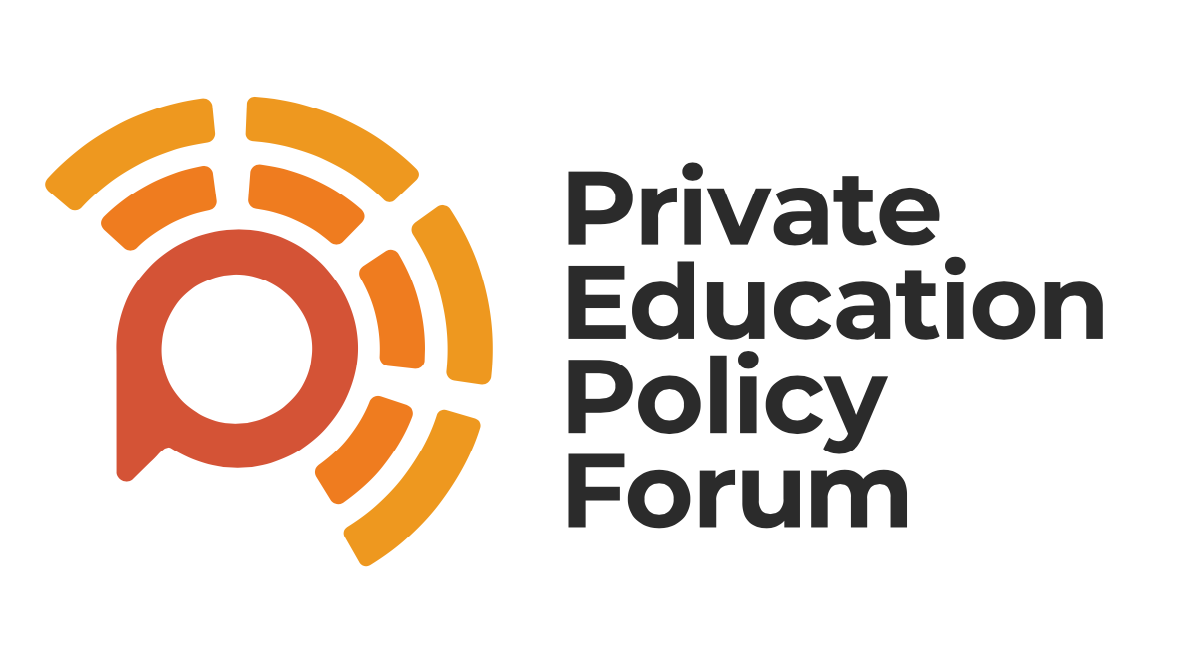
Andrés Rodríguez-Pose, London School of Economics and Rosalie Henry de Frahan, Telos Impact
Private education has long been seen as a ticket to better opportunities, higher academic performance, and, ultimately, social, and economic success.
Private schools survive, and often thrive, on a reputation for providing a better start in life.
But does private schooling actually live up to this reputation?
We examined data from the OECD’s Programme for International Student Assessment (PISA) across 61 countries, and the results deliver a more nuanced answer than a simple yes or no. You can read our full study here.
Let us start by saying that the international landscape of private education is complex.
“Private education” encompasses both private independent schools —fully funded by parents— and government-dependent private schools that rely on a mix of public and private funding.
These distinctions matter. Different countries define and regulate private education in varied ways, and the effectiveness of these systems depends on socio-economic context, funding models, and school composition.
If we take this caveat into account, the first piece of evidence is that private school pupils perform better on international exams like PISA. Their scores are higher in maths, reading, and science compared to their public-school peers.
However, when the socio-economic status of students is factored in, the academic advantage associated with private schools evaporates. It turns out that better results in tests are largely driven by the socio-economic background of the students.
Privileged families —those with greater financial resources, higher parental education, and richer cultural capital— often send their offspring to private schools, which naturally leads to higher test scores.
The schools themselves, however, do not always offer better quality education.
Globally, private schools’ perceived superiority vanishes when socio-economic factors are considered.
In other words, pupils at private schools perform better, not necessarily because the schools are better, but because the average student comes from a wealthier, more educated family.
Hence, it is the socio-economic and cultural status of the students in each school that shapes academic outcomes.
Schools with more advantaged students tend to have higher overall performance, regardless of whether they are public or private. It is more about who attends the school rather than how the school is run.
In countries with large proportions of government-dependent private schools —like Finland, Iceland, or Norway— the gap between public and private education is smaller because these schools attract a more socio-economically diverse group of students.
In contrast, in countries where independent private schools dominate, like the UK, the socio-economic divide is starker.
So, what does this mean for the UK, where fee-paying independent schools still hold a strong cultural and educational appeal?
The UK remains one of the countries where private schooling continues to be an important marker of social privilege.
The country’s private schools have long been associated with higher academic outcomes, better university prospects, and greater social capital.
They typically serve students from affluent, if not wealthy, families. By selecting students from wealthier, better-educated backgrounds, these institutions benefit from an academic boost.
But as our research suggests, much of this advantage stems from the greater cultural and financial resources at home of the student intake rather than the intrinsic quality of the schools themselves.
Hence, UK policymakers face important questions. Should the UK continue to allow independent schools to perpetuate socio-economic divides?
Or is it time to rethink the role of private education in fostering equality of opportunity?
Two major policy lessons emerge from the study.
1. Ensure schools are socially mixed to boost performance
Focusing on improving school composition across the board —ensuring that schools are socio-economically mixed— may do more to boost overall performance than simply engaging in a barren debate about how much tax private schools should pay.
The UK could consider policies that encourage a more balanced intake of students from different backgrounds, similar to approaches seen in some European countries.
2. Encourage public funding of private schools
As public funding becomes more of a concern, the UK could encourage a debate around government-dependent private schools. In these schools public funds are used to support privately managed institutions.
In many parts of the world, these schools achieve good outcomes while serving a broader social spectrum, avoiding the worst excesses of socio-economic segregation.
However, the use of public funds to support private education is a contentious issue in many parts of the world.
Ultimately, our research calls into question the narrative that private schools inherently offer a better education.
For the UK, this raises an uncomfortable truth: the real benefit of private schools might be their ability to shield privilege, not deliver better teaching.
As the debate over educational reform heats up, the UK must decide whether to continue allowing private schools to set apart the privileged few or to pursue policies that aim for a fairer distribution of educational opportunities.
Reducing the impact of socio-economic background on student outcomes should be a priority for any education system that aspires to fairness and excellence for all.

Andrés Rodríguez-Pose is the Princesa de Asturias Chair and a Professor of Economic Geography at the London School of Economics (LSE). His research spans regional growth and inequality, fiscal and political decentralisation, institutions, discontent and populism, innovation, migration, and development strategies.

Rosalie Henry de Frahan is a strategic philanthropy and social impact consultant at Telos Impact, specialising in helping foundations and philanthropists refine their social and environmental impact strategies. Her expertise spans various sectors, including education and agroecology.



